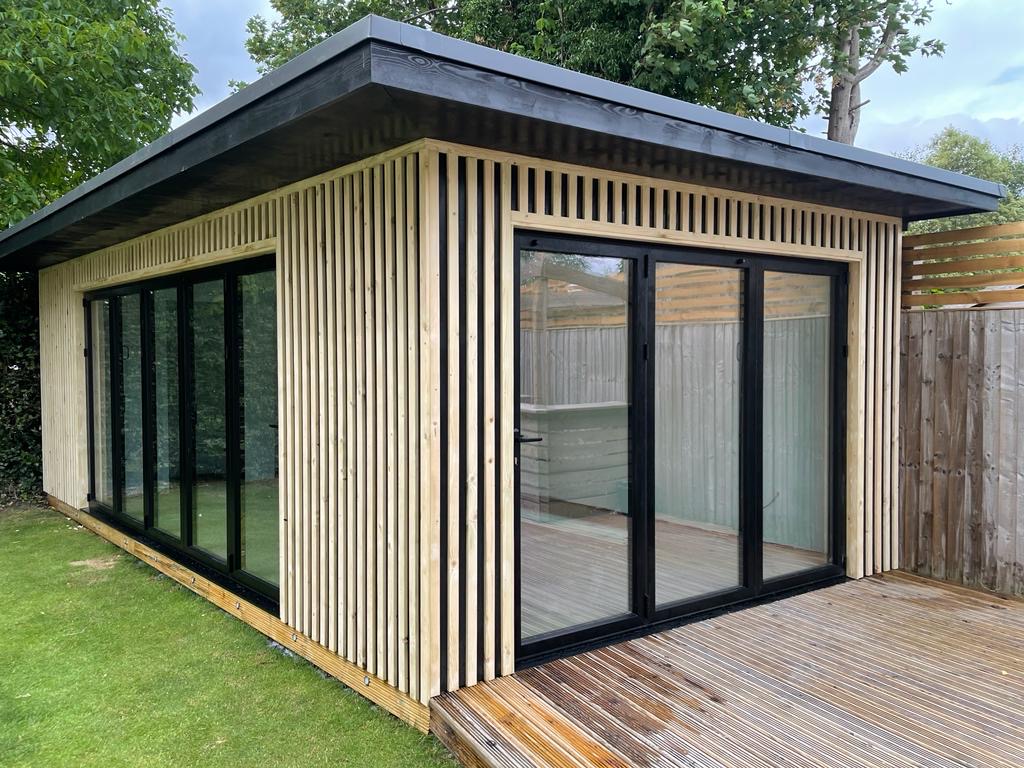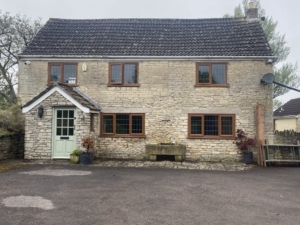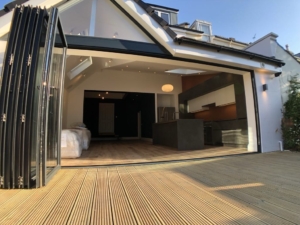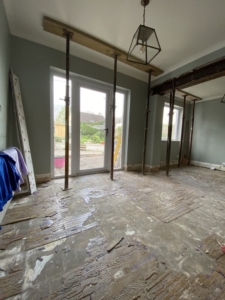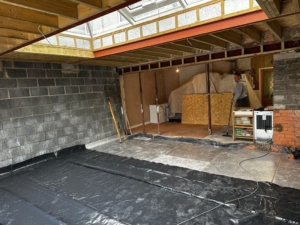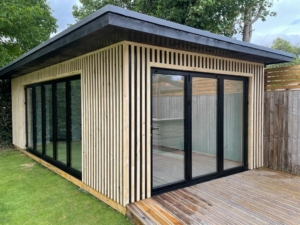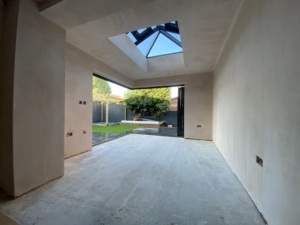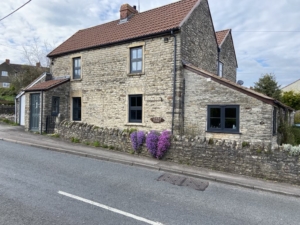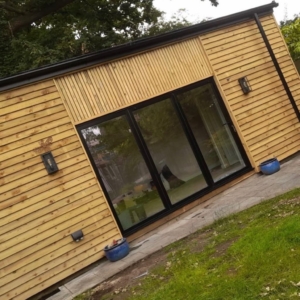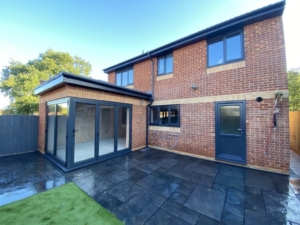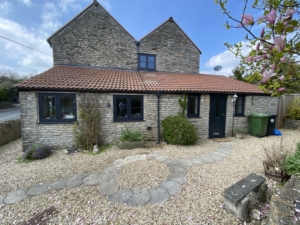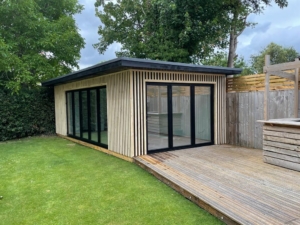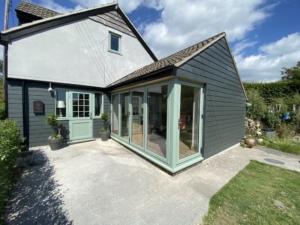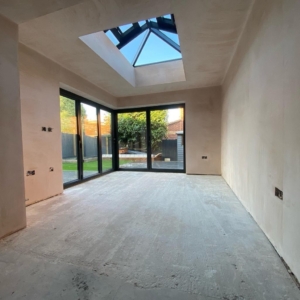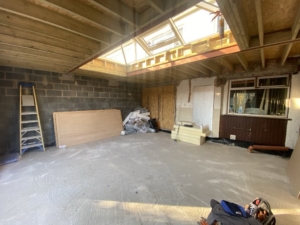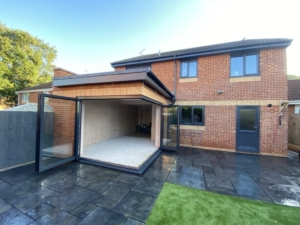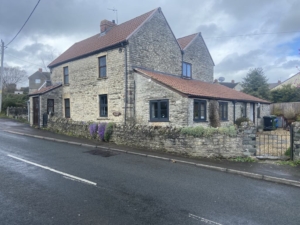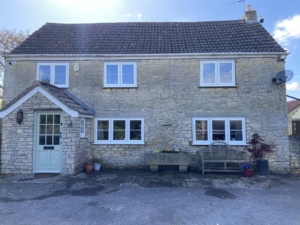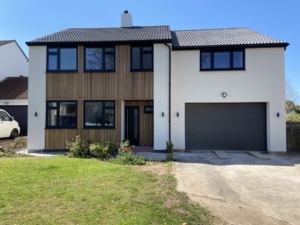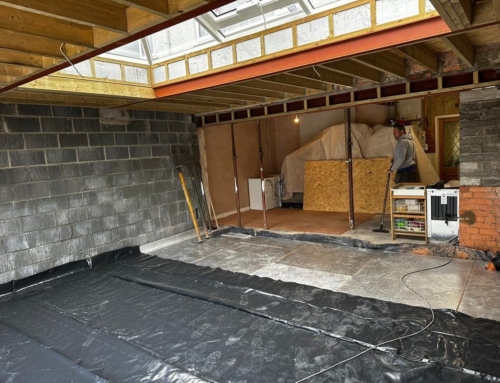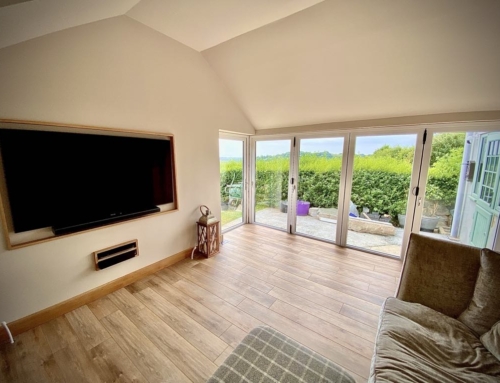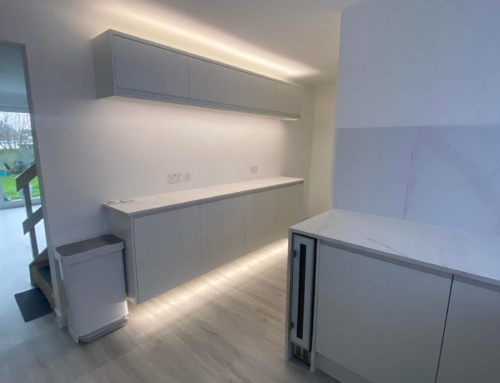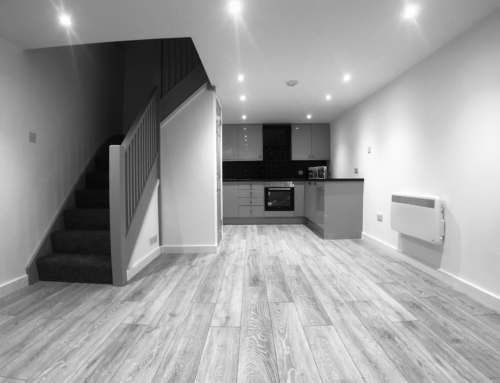Windows – Double Glazing
Introduction
- What is double glazing?
- Importance of windows in a building.
Significance of upgrading or replacing windows.
Understanding Double Glazing
- Definition of double glazing.
- How double glazing works.
Benefits of double glazing over single glazing.
Signs You Need to Upgrade or Replace Your Windows
-
-
-
- Drafts and air leaks.
- Condensation between window panes.
- Difficulty in opening or closing windows.
- High energy bills.
-
-
Noise reduction.
Choosing the Right Double Glazing
-
-
-
-
- Types of double glazing materials.
- Energy efficiency ratings.
- Frame materials (UPVC, aluminum, wood).
-
-
-
Styles and designs.
Installation Process
Hiring a professional vs. DIY.
Preparation before installation.
Installation steps.
Cost Considerations
Factors affecting the cost.
Average cost of double glazing.
Return on investment.
Maintenance and Care
Cleaning tips.
Regular inspections.
Repairing minor damages.
Benefits of Upgrading to Double Glazing
Energy efficiency.
Increased security.
Noise reduction.
Enhanced property value.
Environmental Impact
Reduction in carbon footprint.
Energy savings.
Case Studies
Real-life examples of double glazing upgrades.
Before-and-after comparisons.
Common Misconceptions
Myth: Double glazing is only for cold climates.
Myth: Double glazing is too expensive.
Debunking misconceptions with facts.
Regulations and Building Codes
Compliance with local regulations.
Obtaining necessary permits.
Tips for Maximizing Efficiency
Utilizing curtains or blinds.
Proper ventilation.
Utilizing natural light.
Comparing Double Glazing with Other Options
Single glazing vs. double glazing.
Secondary glazing.
Triple glazing.
Conclusion
Summarize the benefits of upgrading or replacing windows with double glazing.
Encourage readers to take action for a more comfortable and energy-efficient living space.
Introduction
What is double glazing?
Importance of windows in a building.
Significance of upgrading or replacing windows.
Understanding Double Glazing
Definition of double glazing.
How double glazing works.
Benefits of double glazing over single glazing.
Signs You Need to Upgrade or Replace Your Windows
Drafts and air leaks.
Condensation between window panes.
Difficulty in opening or closing windows.
High energy bills.
Noise reduction.
Choosing the Right Double Glazing
Types of double glazing materials.
Energy efficiency ratings.
Frame materials (UPVC, aluminum, wood).
Styles and designs.
Installation Process
Hiring a professional vs. DIY.
Preparation before installation.
Installation steps.
Cost Considerations
Factors affecting the cost.
Average cost of double glazing.
Return on investment.
Maintenance and Care
Cleaning tips.
Regular inspections.
Repairing minor damages.
Benefits of Upgrading to Double Glazing
Energy efficiency.
Increased security.
Noise reduction.
Enhanced property value.
Environmental Impact
Reduction in carbon footprint.
Energy savings.
Case Studies
Real-life examples of double glazing upgrades.
Before-and-after comparisons.
Common Misconceptions
Myth: Double glazing is only for cold climates.
Myth: Double glazing is too expensive.
Debunking misconceptions with facts.
Regulations and Building Codes
Compliance with local regulations.
Obtaining necessary permits.
Tips for Maximizing Efficiency
Utilizing curtains or blinds.
Proper ventilation.
Utilizing natural light.
Comparing Double Glazing with Other Options
Single glazing vs. double glazing.
Secondary glazing.
Triple glazing.
Windows play a crucial role in any building, offering natural light, ventilation, and aesthetic appeal. However, outdated or inefficient windows can lead to various issues such as heat loss, high energy bills, and discomfort. One popular solution to enhance the performance of windows is by upgrading or replacing them with double glazing. In this article, we’ll explore the benefits, considerations, and process of upgrading to double glazing for a more energy-efficient and comfortable living space.
Understanding Double Glazing
Double glazing refers to windows that are constructed with two panes of glass separated by a layer of inert gas, typically argon or krypton. This design creates a thermal barrier, reducing heat transfer between the interior and exterior of the building. As a result, double glazing offers improved insulation compared to single glazing, helping to maintain a consistent indoor temperature and reduce the need for heating or cooling.
Signs You Need to Upgrade or Replace Your Windows
There are several indicators that your windows may need upgrading or replacing:
- Drafts and air leaks: If you feel drafts or notice air leaks around your windows, it could indicate that the seals are worn out or damaged.
- Condensation between window panes: Condensation between the glass panes indicates a failure in the window seal, leading to reduced insulation and energy efficiency.
- Difficulty in opening or closing windows: Windows that are difficult to open or close may be due to warped frames or damaged hardware.
- High energy bills: Poorly insulated windows can contribute to significant heat loss, resulting in higher energy consumption and increased utility bills.
- Noise reduction: Double glazing can help reduce outside noise, creating a quieter and more peaceful indoor environment.
Choosing the Right Double Glazing
When selecting double glazing for your home, consider the following factors:
- Types of double glazing materials: Double glazing is available in various materials, including UPVC, aluminum, and wood. Each material has its own advantages and considerations.
- Energy efficiency ratings: Look for windows with high energy efficiency ratings, such as Energy Star certification, to maximize energy savings.
- Frame materials: The frame material plays a crucial role in the overall performance and durability of the windows. UPVC frames are low-maintenance and offer excellent insulation, while aluminum frames are strong and durable.
- Styles and designs: Choose double glazing that complements the architectural style of your home and meets your aesthetic preferences.
Installation Process
The installation of double glazing should be carried out by trained professionals to ensure proper fit and seal. The process typically involves the following steps:
- Preparation: Remove the old windows and prepare the window openings for installation.
- Installation: Place the double glazed units into the window openings and secure them in place.
- Sealing: Seal the edges of the windows to prevent air and water infiltration.
- Insulation: Insulate around the window frames to minimize heat loss.
Cost Considerations
The cost of upgrading to double glazing can vary depending on factors such as the size of the windows, the chosen materials, and the complexity of the installation. On average, homeowners can expect to pay between £400 and £600 per window. However, the long-term energy savings and increased property value can outweigh the initial investment.
Maintenance and Care
Proper maintenance is essential to ensure the longevity and performance of double glazing. Here are some maintenance tips:
- Cleaning: Regularly clean the glass surfaces and frames with a mild detergent and water.
- Inspections: Periodically inspect the windows for signs of damage or wear and tear.
- Repairs: Repair any damaged seals or hardware promptly to prevent further issues.
Benefits of Upgrading to Double Glazing
Upgrading to double glazing offers several benefits:
- Energy efficiency: Double glazing helps to reduce heat loss, leading to lower energy consumption and utility bills.
- Increased security: Double glazing provides an additional layer of security, making it harder for intruders to break in.
- Noise reduction: The insulating properties of double glazing help to reduce outside noise, creating a quieter indoor environment.
- Enhanced property value: Installing double glazing can increase the resale value of your home, making it more attractive to potential buyers.
Environmental Impact
By reducing energy consumption and carbon emissions, double glazing can have a positive impact on the environment. Switching to double glazing helps to lower your carbon footprint and contribute to a more sustainable future.
Case Studies
Here are some real-life examples of homeowners who have upgraded to double glazing:
- Before: Sarah’s home had old single-glazed windows that were drafty and inefficient.
- After: After upgrading to double glazing, Sarah noticed a significant improvement in comfort and energy efficiency, with lower heating bills and reduced noise from outside.
Common Misconceptions
There are several misconceptions surrounding double glazing:
- Myth: Double glazing is only for cold climates.
- Myth: Double glazing is too expensive.
In reality, double glazing offers benefits in both warm and cold climates, and the long-term savings outweigh the initial cost.
Regulations and Building Codes
Before installing double glazing, ensure compliance with local regulations and obtain any necessary permits. Non-compliance can result in fines or penalties, so it’s essential to adhere to the relevant building codes.
Tips for Maximizing Efficiency
To maximize the efficiency of double glazing, consider the following tips:
- Utilizing curtains or blinds: Close curtains or blinds at night to reduce heat loss through the windows.
- Proper ventilation: Ensure adequate ventilation to prevent moisture buildup and maintain indoor air quality.
- Utilizing natural light: Make use of natural light during the day to reduce the need for artificial lighting.
Comparing Double Glazing with Other Options
When considering window upgrades, compare double glazing with other options such as single glazing and secondary glazing. While double glazing offers superior insulation and energy efficiency, it may not be suitable for every situation.
Conclusion
Upgrading or replacing your windows with double glazing is a worthwhile investment that can improve the comfort, energy efficiency, and security of your home. By choosing the right double glazing and ensuring proper installation and maintenance, you can enjoy long-term benefits and savings.
FAQs:
- How long does double glazing installation take?
- The installation process typically takes between one to three days, depending on the size and complexity of the project.
- Can I install double glazing myself?
- While DIY installation is possible, it’s recommended to hire a professional to ensure proper fit and seal.
- Do I need planning permission to install double glazing?
- In most cases, double glazing installation falls under permitted development rights and does not require planning permission. However, it’s essential to check with your local planning authority to confirm.
- What is the lifespan of double glazing?
- With proper maintenance, double glazing can last for 20 years or more. Regular inspections and repairs can help extend the lifespan of your windows.
- Will double glazing reduce condensation?
- Yes, double glazing helps to reduce condensation by maintaining a consistent indoor temperature and minimizing heat transfer between the interior and exterior of the building.

